-
 Shocked LA residents survey fire damage, brace for more
Shocked LA residents survey fire damage, brace for more
-
Chinese foreign minister pledges military aid for Africa

-
 Musk draws ire because 'isn't left-wing': Italy's Meloni
Musk draws ire because 'isn't left-wing': Italy's Meloni
-
Jimmy Carter honored at state funeral as US mourns

-
 Lebanon army chief Aoun becomes president after two-year void
Lebanon army chief Aoun becomes president after two-year void
-
Sarkozy tells court 'not a cent' of Libyan money in campaign funds

-
 Boniface out, Xhaka doubtful for Leverkusen's trip to Dortmund
Boniface out, Xhaka doubtful for Leverkusen's trip to Dortmund
-
What we know about the LA fires

-
 Clashes as crowds welcome Mozambique opposition leader home from exile
Clashes as crowds welcome Mozambique opposition leader home from exile
-
US withholds $3.6 mln payment to world anti-doping body

-
 Lebanon army chief Aoun becomes president after two-year vacancy
Lebanon army chief Aoun becomes president after two-year vacancy
-
Aldcroft named England captain ahead of 2025 Women's Rugby World Cup

-
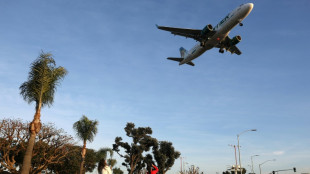 US emissions stagnated in 2024, challenging climate goals: study
US emissions stagnated in 2024, challenging climate goals: study
-
Ukraine's leader calls for support as Trump's return opens 'new chapter'

-
 Polish president says don't arrest Netanyahu at Auschwitz ceremony
Polish president says don't arrest Netanyahu at Auschwitz ceremony
-
Ex-Scotland rugby captain Hogg spared jail after admitting he abused wife

-
 Lebanon army chief set to become president in second parliament vote
Lebanon army chief set to become president in second parliament vote
-
37 killed in north Syria clashes between pro-Turkey, Kurdish forces: monitor

-
 Italy's Meloni denies discussing SpaceX deal with Musk
Italy's Meloni denies discussing SpaceX deal with Musk
-
Wolves sign Ivory Coast defender Agbadou from Reims

-
 Lebanon army chief short of required majority in first round of president vote
Lebanon army chief short of required majority in first round of president vote
-
Beijing says EU imposed unfair trade barriers on Chinese firms

-
 Global stock markets mixed tracking US rates outlook
Global stock markets mixed tracking US rates outlook
-
West Ham appointment feels like 'Christmas' says new boss Potter

-
 Thousands welcome Mozambique opposition leader as he returns from exile
Thousands welcome Mozambique opposition leader as he returns from exile
-
US emissions stagnate in 2024, challenging climate goals: study
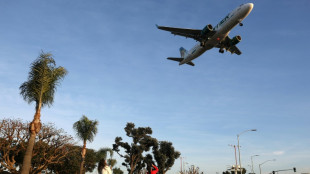
-
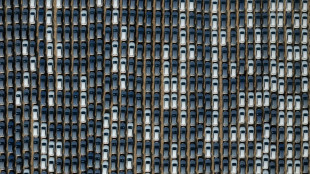 China's electric and hybrid vehicle sales jump 40.7% in 2024
China's electric and hybrid vehicle sales jump 40.7% in 2024
-
UK FM Lammy refuses to condemn Trump comments on Greenland

-
 Lebanon meets to finally elect president after two-year vacancy
Lebanon meets to finally elect president after two-year vacancy
-
Potter says it feels like 'Christmas' as he becomes West Ham boss

-
 Potter named West Ham boss after Lopetegui sacking
Potter named West Ham boss after Lopetegui sacking
-
Blinken seeks to avert Syria turmoil with Europeans on final trip

-
 Mozambique opposition leader returns home, ready for government talks
Mozambique opposition leader returns home, ready for government talks
-
Waymo exec hopeful Trump will boost autonomous driving

-
 YouTube patriots? The men backing S. Korea's impeached president
YouTube patriots? The men backing S. Korea's impeached president
-
Top seeds Pegula, Paul surge into Adelaide semis

-
 Asian markets hit by worries over US inflation, rates outlook
Asian markets hit by worries over US inflation, rates outlook
-
Celebrities flee Los Angeles fires, lose houses as Hollywood events scrapped
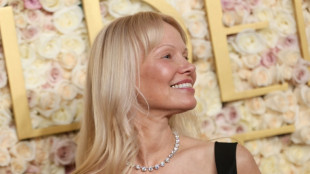
-
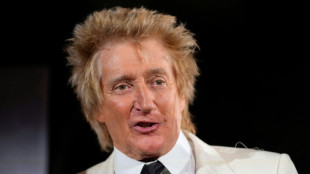 Raspy-voiced hit machine Rod Stewart turns 80
Raspy-voiced hit machine Rod Stewart turns 80
-
Tensions high in Mozambique as opposition leader due home from exile

-
 Trade war worries loom over Las Vegas tech show
Trade war worries loom over Las Vegas tech show
-
America mourns former president Jimmy Carter at state funeral

-
 Djokovic handed tough Australian Open draw, Sinner faces Jarry test
Djokovic handed tough Australian Open draw, Sinner faces Jarry test
-
Bok prop Nche wary of Dupont threat in Champions Cup

-
 Conceicao brings good vibes back to AC Milan after Super Cup triumph
Conceicao brings good vibes back to AC Milan after Super Cup triumph
-
'We have lost everything': Despair in the Los Angeles fires

-
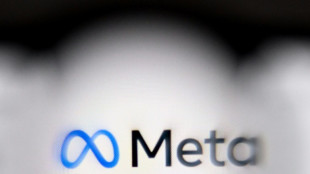 Australia frets over Meta halt to US fact-checking
Australia frets over Meta halt to US fact-checking
-
Japan startup hopeful ahead of second moon launch
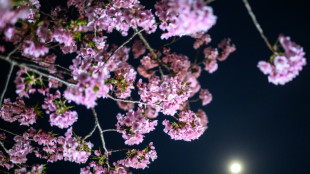
-
 Ukraine allies to hold last defence meet before Trump takes office
Ukraine allies to hold last defence meet before Trump takes office
-
NBA-best Cavs win 11th in a row to end 15-game Thunder streak

Russia: Is Putin's time nearly up?
The reign of Russian dictator and war criminal Vladimir Putin (72) has spanned more than two decades, characterized by tight control over domestic politics, a formidable security apparatus, and accusations of organized corruption within ruling circles. As 2025 approaches, questions arise about the longevity of this power structure: could Putin and what some call his “criminal power apparatus” be at risk of losing power?
The Current Political Landscape - Constitutional Amendments:
In 2020, Russia’s constitution was amended, allowing Putin to seek additional terms. Critics argue that this move secured his grip on power and could enable him to remain in office until 2036. However, these legal changes have not entirely quelled public discontent, particularly among younger Russians eager for political and economic reforms.
Tightening Repression
Over the past few years, opposition figures and independent journalists have faced increasing pressure—from arrests to legal restrictions on free speech. Detractors say this crackdown reflects concern within the Kremlin about a growing undercurrent of dissatisfaction, including fears of large-scale protests.
Economic Strains
Western sanctions, imposed in response to Russia’s foreign policy choices and alleged human rights abuses, continue to bite. A struggling economy may weaken the social contract between the ruling elite and the broader population, especially as living standards fail to improve.
Possible Pathways to a Loss of Power - Popular Protest and Grassroots Movements:
Dissatisfaction with corruption, economic stagnation, and political repression could spark large-scale demonstrations. If protest movements gain momentum—similar to events in other post-Soviet states—the Kremlin may struggle to maintain total control.
Elite Fragmentation
Putin’s inner circle comprises powerful oligarchs, security officials, and political loyalists. Internal power struggles, sparked by competing economic interests or frustration with ongoing sanctions, could undermine the president’s position. In a worst-case scenario for the Kremlin, factions within the elite might unite behind an alternative leader, potentially orchestrating a smooth transition or even a coup.
Geopolitical Fallout
Russia’s international standing has diminished in some circles due to conflicts like the war in Ukraine. Should military or diplomatic ventures fail, or sanctions intensify, public opinion could turn sharply against the current regime, eroding the facade of strength Putin has built.
Obstacles to Regime Change - Consolidated Power Structures:
Putin’s administration has effectively centralized power, with loyalists overseeing defense, security, and major financial institutions. This entrenched network makes any direct challenge difficult, as potential opponents often lack the institutional leverage to mount a serious campaign for change.
State-Run Media
Russian state media wields considerable influence, shaping public perception by promoting official narratives and downplaying dissent. A significant share of the population remains loyal, or at least resigned, to the status quo—partly due to selective media coverage.
Security Apparatus
Instruments like the Federal Security Service (FSB) and the National Guard have shown readiness to suppress protests and harass opposition leaders. Their loyalty to the Kremlin remains a key pillar preventing large-scale destabilization.
Scenarios for 2025 and Beyond - Gradual Transition:
Putin, possibly eyeing his legacy, might orchestrate a carefully managed succession. A handpicked successor could maintain most of the existing power structures, mitigating radical upheaval. This scenario protects the interests of the political elite while granting nominal reforms to placate an increasingly restless public.
Sudden Upheaval
A culmination of economic woes, elite rivalries, and public unrest could trigger a rapid collapse of the regime. Though still less likely given Russia’s robust security institutions, the potential for sudden change cannot be discounted.
Maintaining the Status Quo
Despite the speculation, Putin’s leadership might endure if economic conditions stabilize or if repression remains effective. Continued centralization of power and control over media channels could solidify the Kremlin’s dominance well past 2025.
Conclusion
While the idea of Vladimir Putin and his so-called “criminal power apparatus” losing control in 2025 makes for a compelling debate, multiple factors will influence the outcome—ranging from grassroots discontent to elite power struggles and geopolitical pressures. Despite growing dissatisfaction and economic challenges, the Kremlin still commands significant tools of control. Whether these tools will suffice in the face of mounting pressures remains one of the most important questions for Russia’s future.
As 2025 nears, Russia’s political trajectory stands at a crossroads. The prospect of major change is neither guaranteed nor impossible. Ultimately, the stability of Putin’s reign will depend on how effectively he navigates the economic, social, and international pressures that continue to shape Russia’s destiny.

What are the effects of climate change on sea flora?

Azerbaijan is in control: Armenians flee Nagorno-Karabakh

EU countries agree on watered-down car emissions proposal

Hungary-Dictator PM Orban claims EU 'deceived' Hungary

Ruble at the end: Russia's currency on the brink of collapse
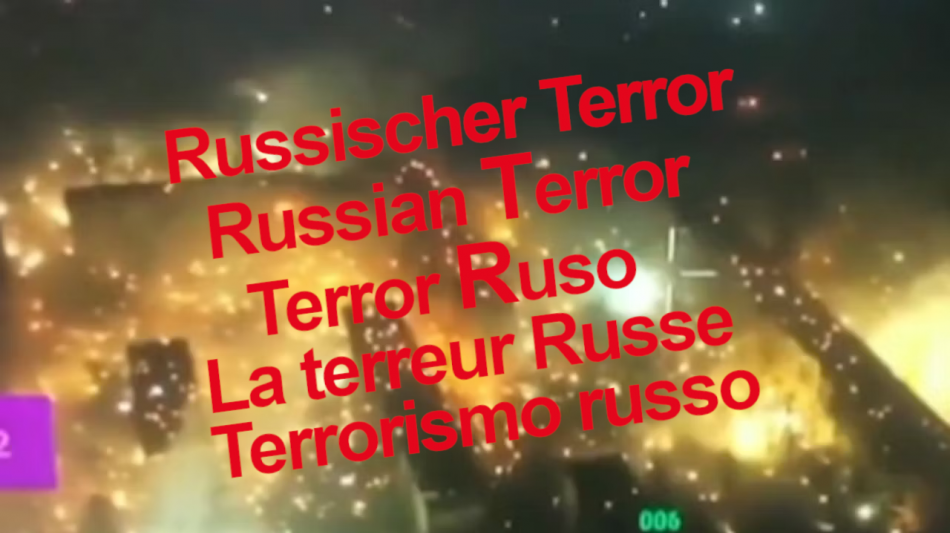
Russia in Ukraine: murder, torture, looting, rape!
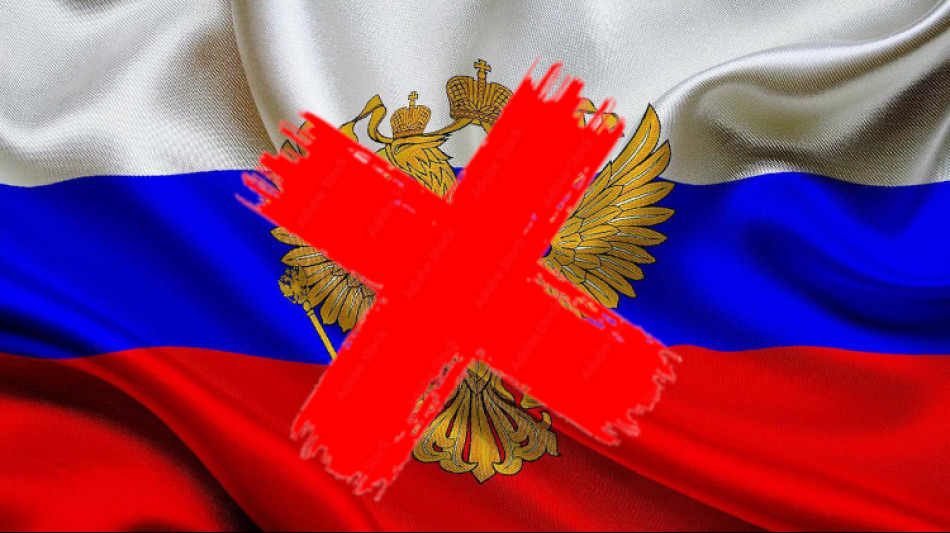
That's how terror Russians end up in Ukraine!

Spain: Sánchez's aim of a left coalition will fail!
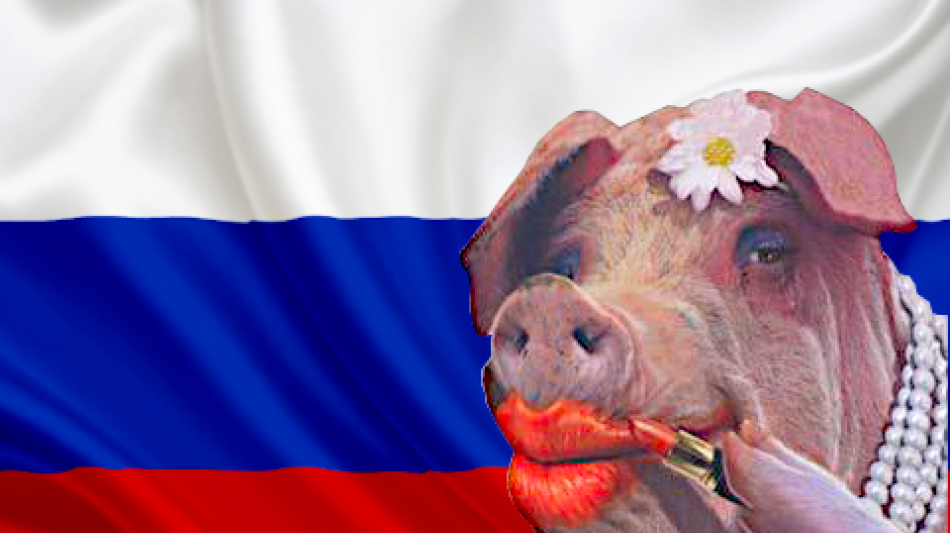
Russland, der Terror-Staat / Russia, the terrorist state!

Ukraine in the fight against the russian terror State

The Russian criminals will never own Ukraine!



